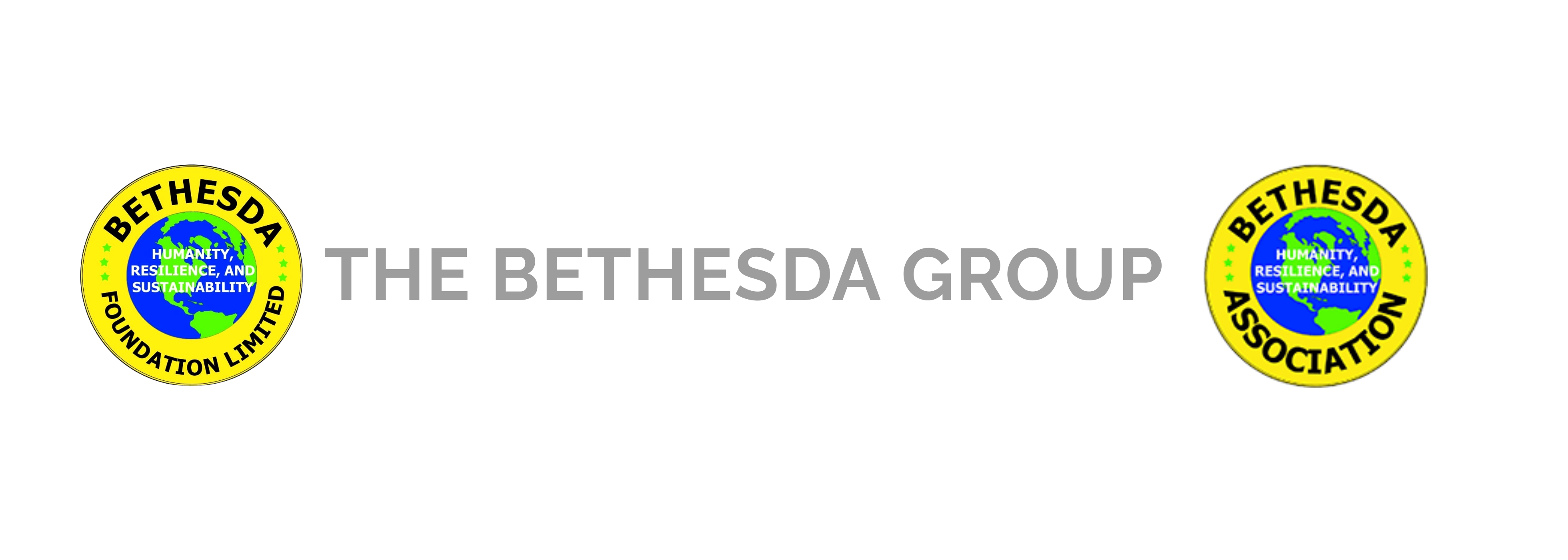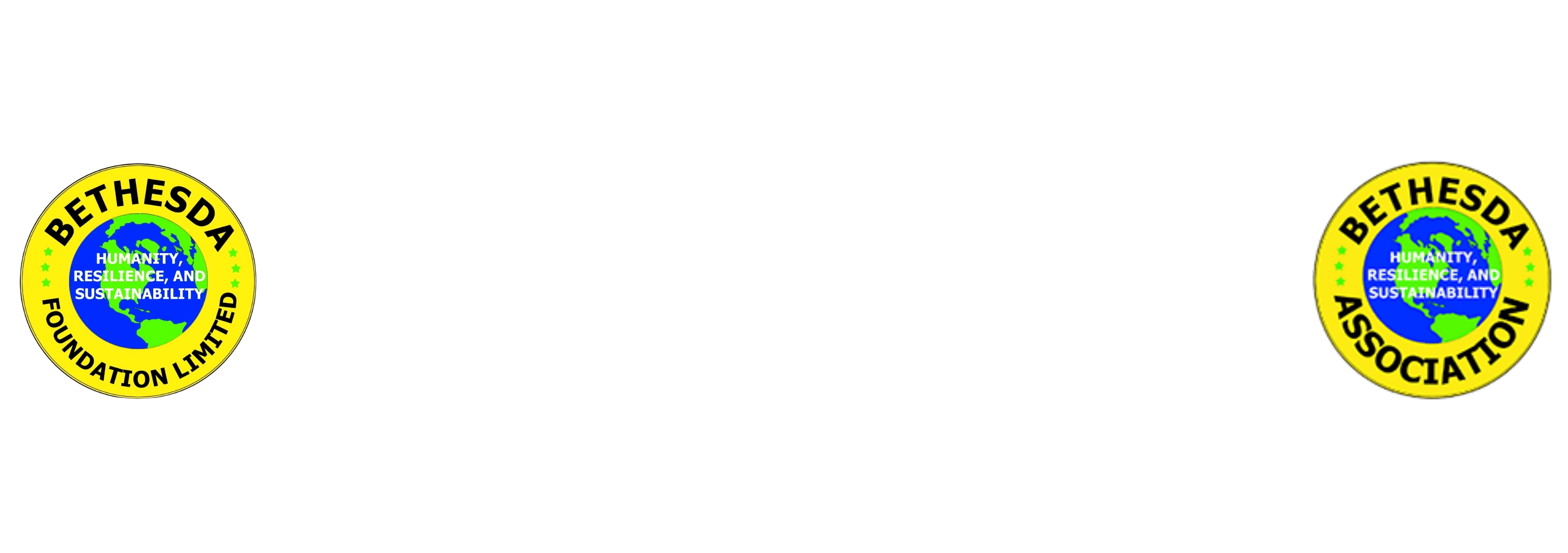Info@Bethesda-group.com
OUR IMPACT
The Bethesda Group commits an involvement to many sectors in the economies of Cameroon and Uganda. Health and education are complex, significant, and challenging sectors for both countries. As a result of depleting or shallow fiscal space and inadequate private investments, both sectors suffer with weak systems and structures in similar but unequal measures.
THE HEALTH SITUATION
Uganda and Cameroon have similar health issues including malaria, HIV/AIDS, maternal
and child mortality, inadequate access to clean water and sanitation facilities.
Additionally, there are challenges in healthcare infrastructure, healthcare workforce, and
access to essential medical services in rural areas. Bethesda group intends to initiate
the following health projects.
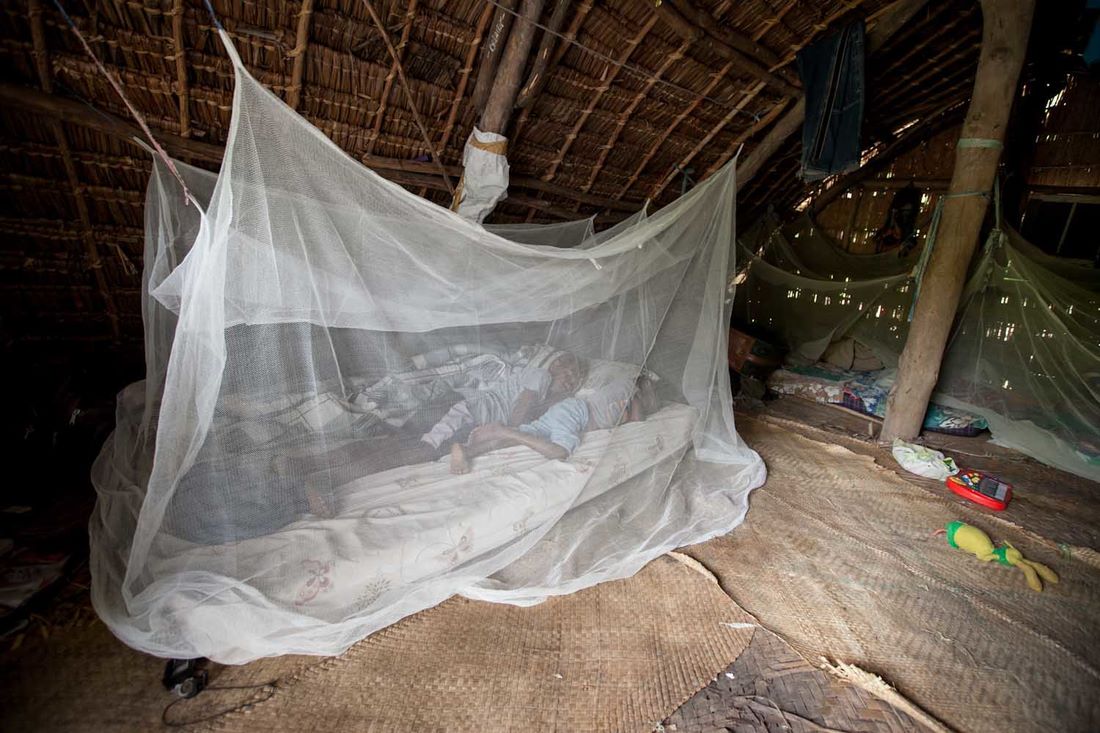
1.Malaria Prevention and Control Program
Given the high
incidence of malaria in both countries, implementing comprehensive mosquito
control measures, distributing insecticide-treated bed nets, and providing malaria
testing and treatment services could greatly impact public health.
Maternal and Child Health Initiative
Launching programs to
improve maternal and child healthcare, including prenatal care, safe delivery
practices, vaccinations, and nutritional support, can significantly reduce maternal
and child mortality rates.
HIV/AIDS Awareness and Treatment Initiative
Developing awareness
campaigns, promoting safe practices, and expanding access to HIV testing and
antiretroviral therapy can contribute to reducing the impact of HIV/AIDS.
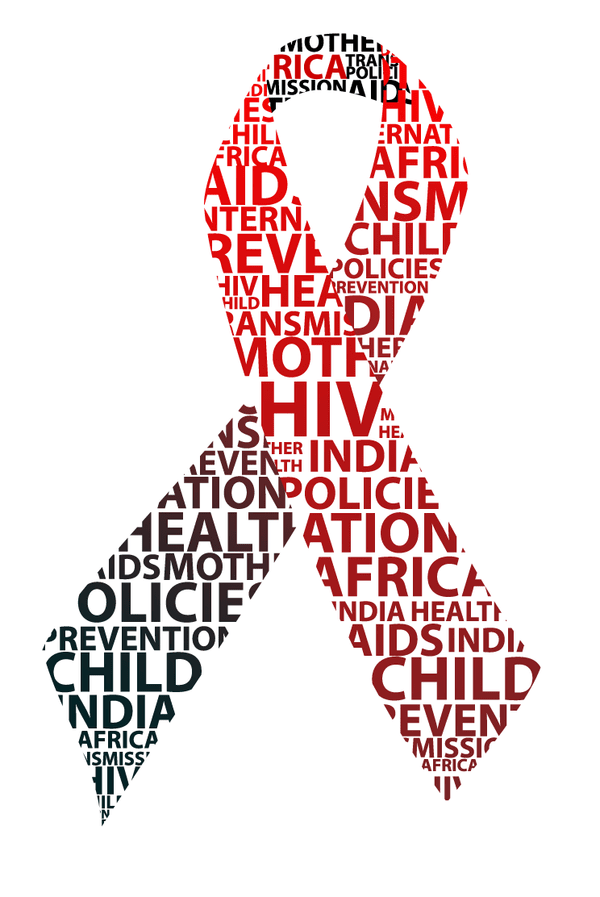
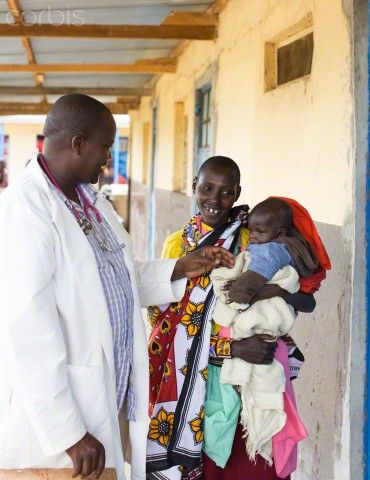
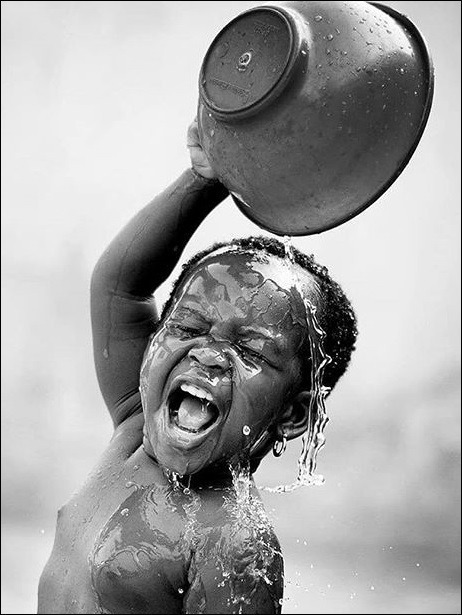
Clean Water and Sanitation Project
Improving access to
clean water sources and sanitation facilities can help mitigate waterborne
diseases and improve overall community health.
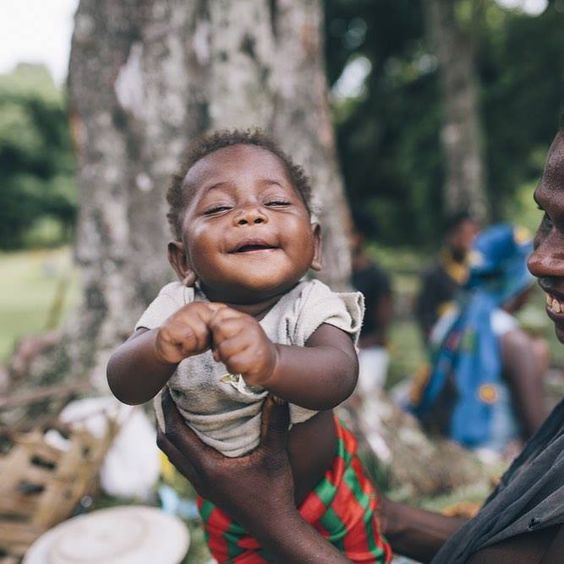
Healthcare Infrastructure Enhancement Project
Building or
upgrading healthcare facilities, especially in rural areas, and training healthcare
workers to provide quality medical services can enhance access to healthcare.
Education
Whilst policy changes in both countries, especially in Cameroon, has led to an increase in the number of private sector providers in the education space, that is, primary,
secondary, and tertiary education, the learning environment leaves much to be desired. The situation in the rural communities is most challenging. Unlit, unsafe and,
sometimes, make-shift learning environments pose risks to teachers and pupils/students. The Group is keen to engage in projects for the rehabilitation and
upgrading of primary and secondary schools, especially in rural areas in both countries and the conflict impacted zone of English-speaking Cameroon. It is anticipated that the
improvement and rehabilitation will lead to the establishment of modern, safe, resilient, and friendlier learning environments. In addition, recidivism and truancy rates at the
secondary level are high, as uncontrolled repeated offending leads to dropouts. There is no formal system or structure to track and help the dropouts return to school or carry
out vocational training. The Group will seek to work, together with national governments, to put in a place a framework to deal with recidivism, so that the futures of young persons will not be blighted.
The Bethesda group intends to initiate the
following projects.
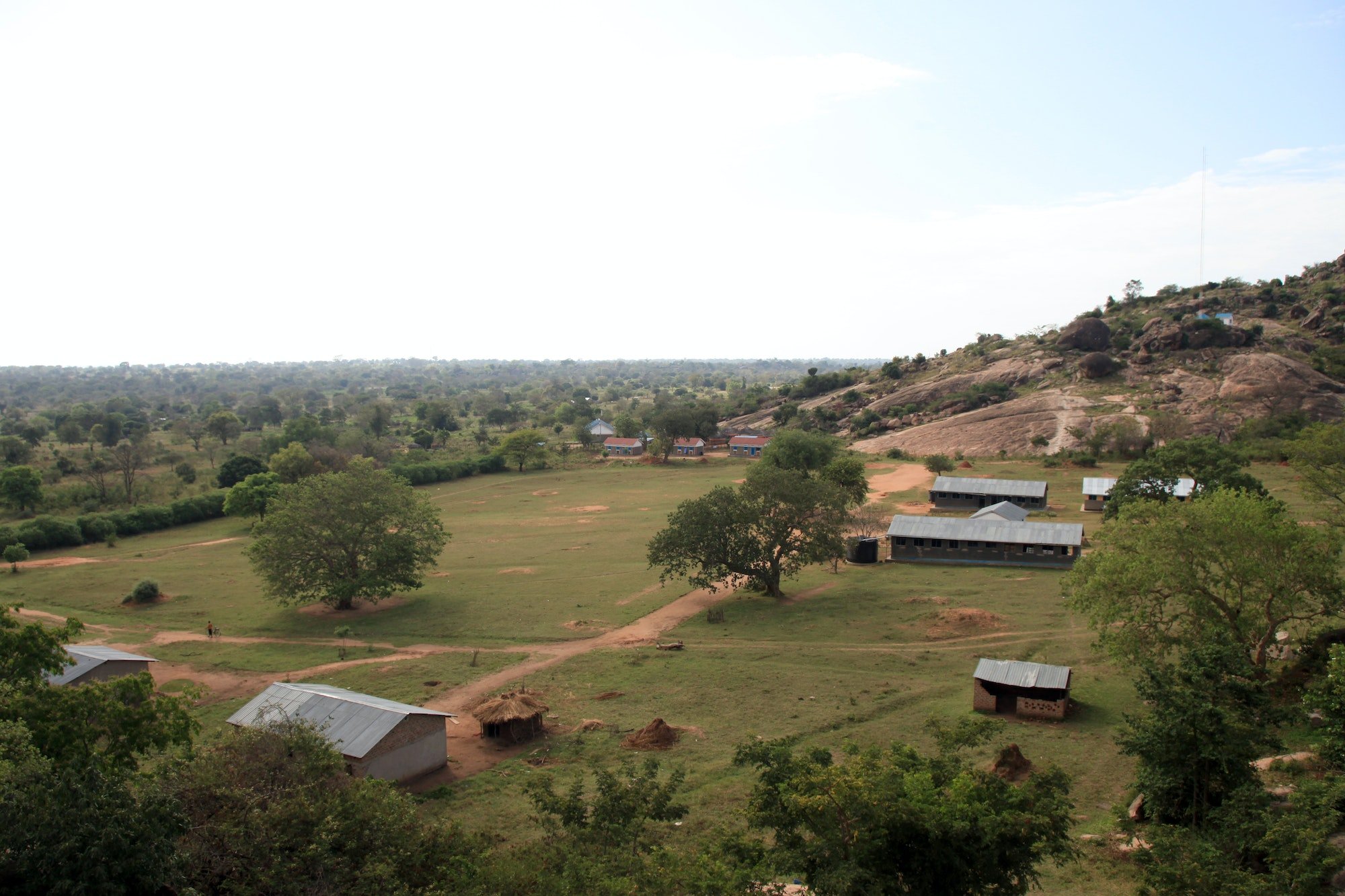
Education Development Program
1. School Infrastructure Development: renovation of school infrastructure
2.Teacher Training and Capacity Building: Organizing workshops,
training sessions, and professional development programs for teachers to enhance their
teaching skills, update them on modern teaching methodologies, and improve the
overall quality of
education.
3.Girls' Education Empowerment: Promotion of gender equality in
education by focusing on initiatives that encourage girls to enroll and stay in school by
providing scholarships, menstrual hygiene resources.
4. Vocational and Skill Development: Start vocational training centers that
equip students with practical skills such as carpentry, tailoring, agriculture, and
technology which will help young people gain employable skills and contribute to local
economies.
5.Community libraries: These would provide access to books, computers, and
other educational resources.
6.Scholarship and financial support: creating scholarship programs for
financially disadvantaged students to help them access quality education. Financial
support will cover tuition fees, books, uniforms and related expenses.
7.Cultural Exchange Programs: These will facilitate cultural exchange
between schools in Uganda, Cameroon, and schools in other countries which will
promote global understanding.
